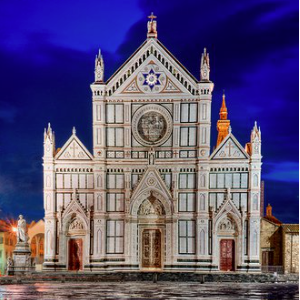The Treaty of Campoformio (October 17, 1797), sanctioned the transfer of Venice from the First French Republic to the Holy Roman Empire and triggered unrest to Ugo Foscolo, already inclined to the French Revolution imbued with equality, freedom, fraternity, then Lieutenant enrolled in hunters on horseback (Cispadana Republic, 16 October 1796 – 29 July 1797) and the institutional structures of Venice free from the Venetian oligarchy hostile to independent Italy. The poet, novelist and translator, disappointed by the epilogue of the Napoleonic Campaign in Italy (24 March 1796 – 17 October 1797) induced by strategy, preferred passionate writing to feed libertarian enthusiasm and fight tyranny out of the revolutionary story. Foscolo’s decisive rupture from Napoleonic power was dramatic: Ajace, the tragedy staged at the Teatro alla Scala in Milan (December 9, 1811) to denounce Napoleon was reduced by the prohibition of any reply and the author, unpopular for the French pro-Napoleonic, forced to emigrate to London (1816) and abjure the ideological, political, libertarian, democratic fundamentalism betrayed by the Corsican Emperor. The legislation of the Enlightenment, hateful to the custom of funeral rites rooted in Italian soil, aroused the neo-classical and pre-Romanesque playwright. The ode ”Dei sepolcri’ (1807) composed from summer to autumn was induced by the Napoleonic edict of Saint-Cloud (12 June 1804) on burial practices extended to the Kingdom of Italy (1806). The author feared the eclipse for the echo of virtuous life infused by the ban extended to inscriptions on graves to unify the medical urgency to the ideological and political will to equate the bodies. The poem elects the Gothic basilica of Santa Croce in Florence to “famedio d’Italia”.
